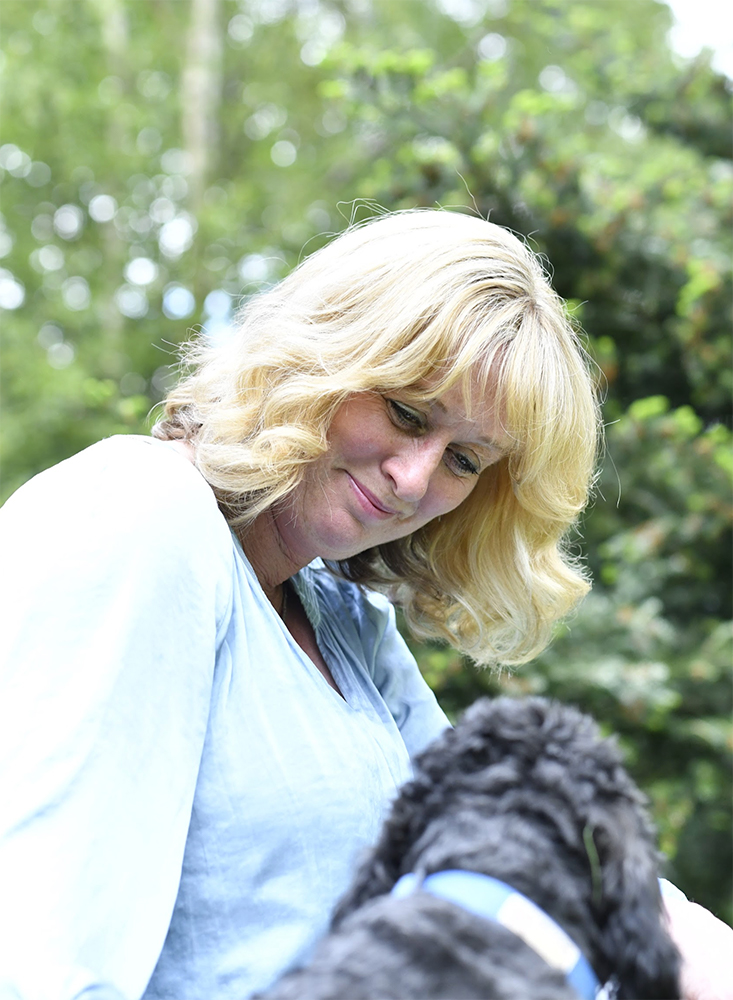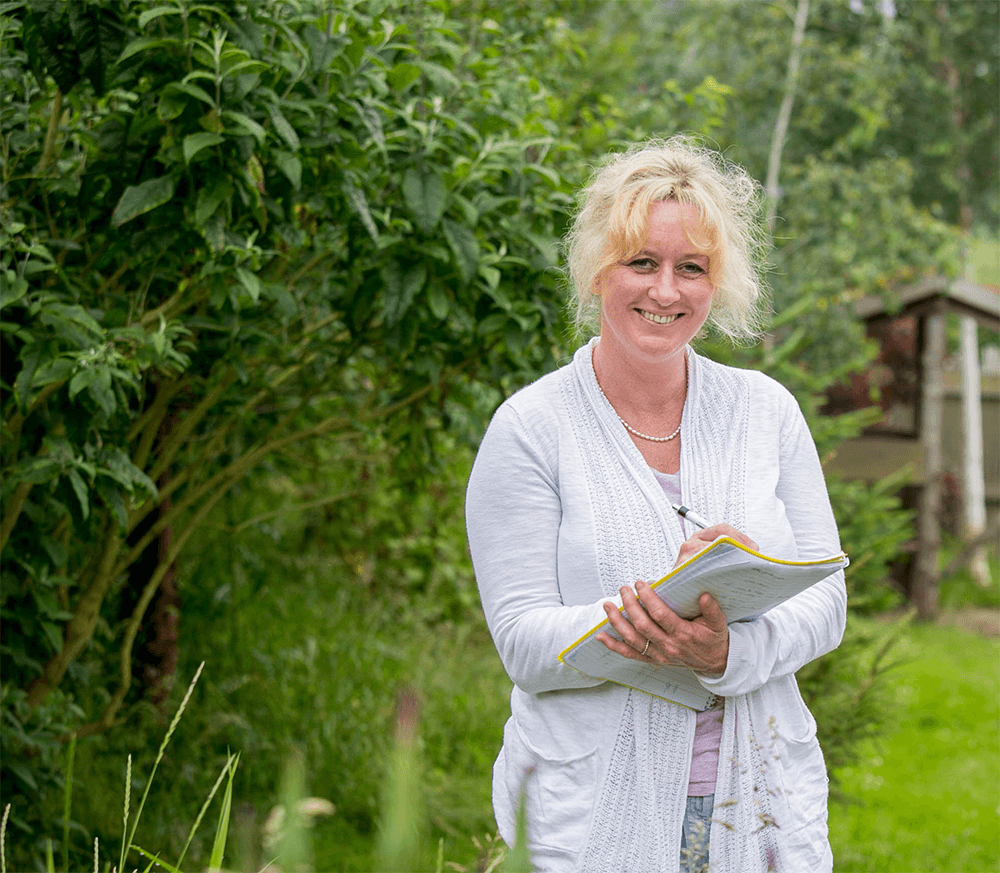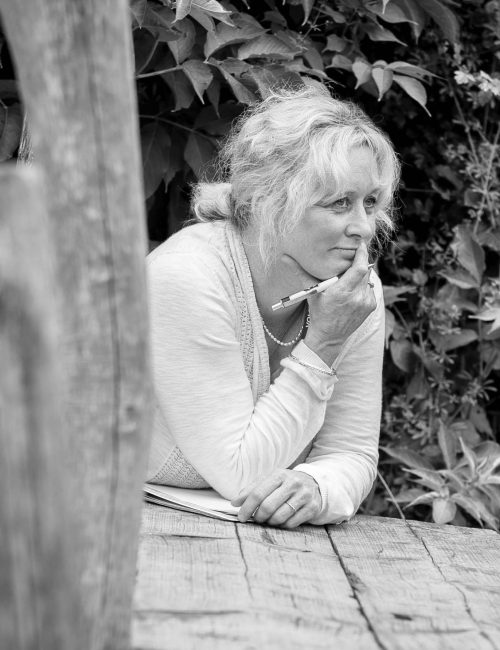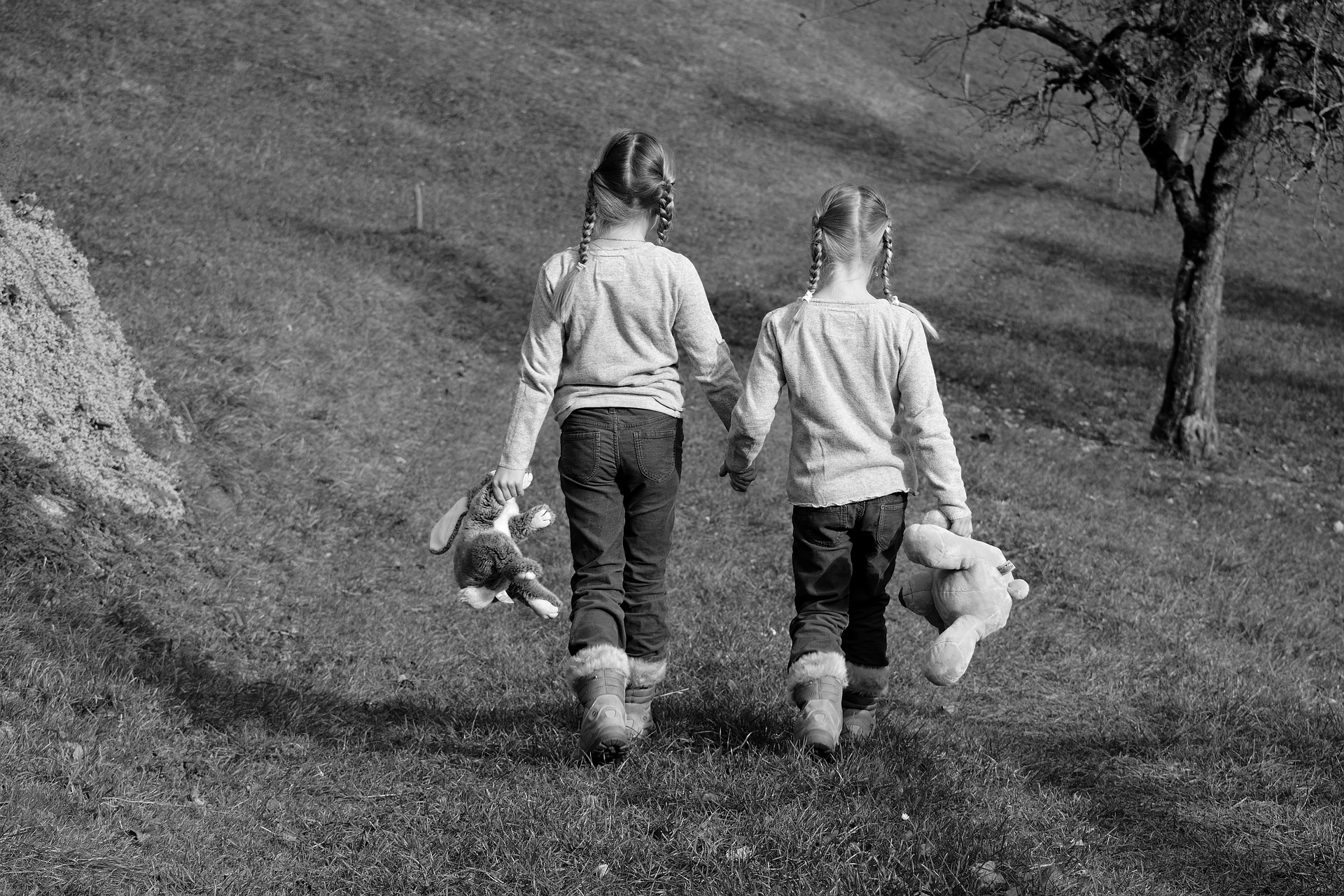This website and its content is copyright of Sarah Rees - © SR Educational Research (2019). All rights reserved.

I was a researcher and writer for a project undertaken by the University of Plymouth between 2008 and 2011 and co-authored the resulting publication: ‘Meeting the Child in Steiner Kindergartens’ (Parker-Rees, 2011), followed by an academic paper for the Cambridge Journal of Education (Waite and Rees, 2013). This was presented by myself and Dr Sue Waite at AERA, 2011, in New Orleans, USA.
Additionally at this time, I worked as a research assistant for the Outdoor and Experiential Learning Research Network at the University of Plymouth and for the European Council for Steiner Waldorf Education.


In 2016, I completed my MSc in Neuroscience and Education at the University of Bristol, with my final thesis focussing on the Neuroscience of Imitation. I have since developed a series of lecture presentations on educational neuroscience for Waldorf kindergarten teachers and parents of young children.
My work has been shared here in the UK and internationally to student teachers, parents, and carers. I write regularly for the Waldorf early years journal ‘Kindling’ and am currently a visiting tutor bringing ‘neuroscience and education’ to all UK based Steiner Waldorf Early Years Teacher Training Courses.
My current areas of research interest include, The Neuroscience of Mind Wandering and the Default Mode Network, The Neuroscience of Imitation, Imaginative Play, The Significance of Imaginative Role Play to the Development of Empathy, The Neural Basis of Creativity, The Inner Work of the Teacher (the neuroscience of meditation) and Attachment.
My first children’s fiction book is due for publication in October 2023. The story roots back to my own deep imaginative play experience with a special friend, as we skipped our way through an idyllic 1980’s childhood. I was born in Melbourne, Australia, but grew up as an only child, on a small strawberry farm by a river, near Canterbury in Kent. Both Australia and my childhood home in the UK were sources of inspiration for this book. As a child, I would always have friends over to play. We were blessed to have time to dream back then, and endless freedom to roam around the countryside. Our imagination flourished and we created elaborate fantasy worlds that we loved, and where we enjoyed many adventures over a period of about six years. Our imaginary escapades would often last all day and one story might continue for weeks or months, before another began. With each of my closest two companions, I shared different worlds.
We were so lucky and remain close friends today.

There is a wondrous place not far from Earth, but different in so many ways. Kind, supernatural beings live there, like Moon, a wise, young fairy girl, and her best friend Floppi, a magical pony and refugee from Earth. Floppi, Moon and all the Minbals care deeply for one another and for their plants, who after all, have families, friends, ambitions, and feelings, just as we all do. Life is calm and peaceful on Minbalup. Or it is, until something out of the ordinary happens… In this first tale from Minbalup, the proud Pine Trees of Waratah are tragically being destroyed by invaders from Earth and it is down to Floppi, Moon and their animal friends to save them!
This website and its content is copyright of Sarah Rees - © SR Educational Research (2019). All rights reserved.